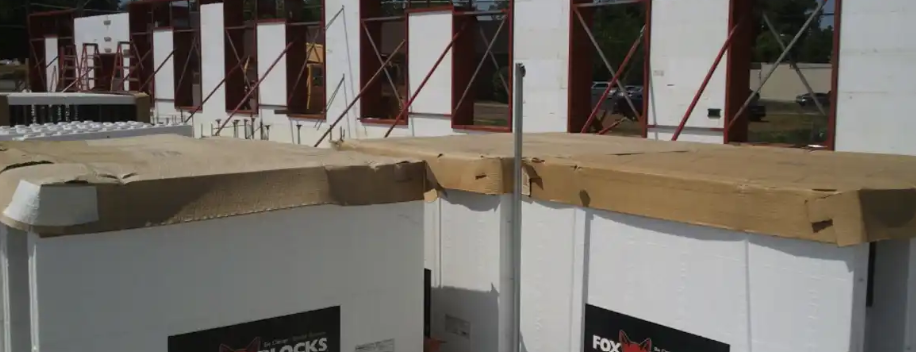
10 Tips for Designing a Small or Tiny ICF Home

Metal Studs vs Wood Studs Price: Why ICF Provides a Better Long-Term Value

11 Benefits of Concrete House Construction

Low Cost House Construction with Energy-Efficient Insulated Concrete Forms (ICF)

The Art and Science of Concert Hall Design
A concert hall design shapes the way sound moves, resonates, and reaches the listener.

5 Disadvantages to DIY Concrete Foundation Forms
Before you begin your concrete foundation forms DIY project, consider these five disadvantages of DIY concrete form construction.

Insulating Your Dreams: Unraveling the Benefits of ICF Homes in Minnesota

What Additional Insulation Do You Need for an ICF Home?
Easy-to-install ICF wall systems help create energy-efficient, durable, disaster-resistant, and healthy homes. But do you need additional wall insulation for ICF homes?

Foundation Types: 8 Different Types of Home Foundations

5 Common Misconceptions About ICF Construction
ICF construction creates modern structures that are energy-efficient, durable, disaster-resistant, and have good indoor environmental quality (IEQ). ICF construction is also strong, flexible, fast and easy to install. Unfortunately, even with these many benefits, some architects and contractors are reluctant to utilize it due to misconceptions about ICF construction.